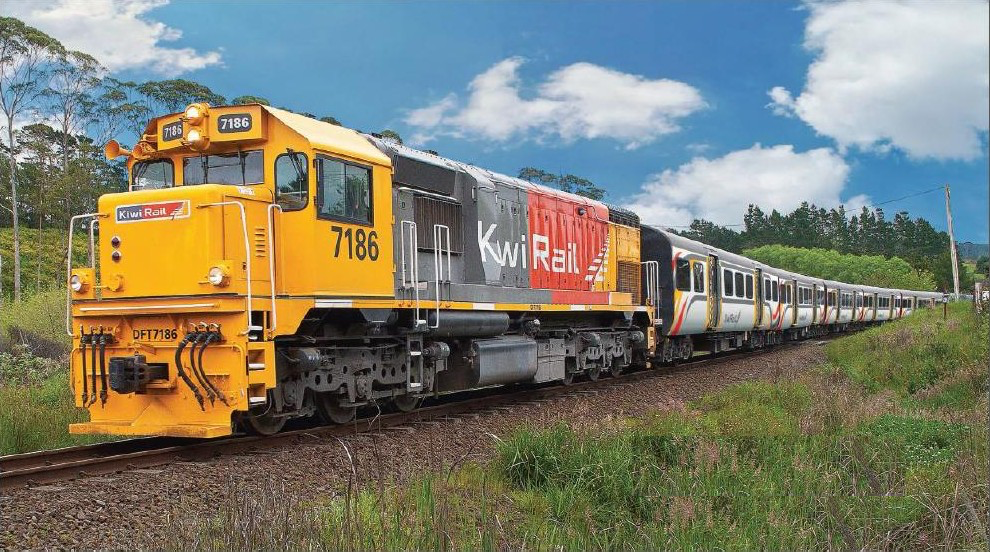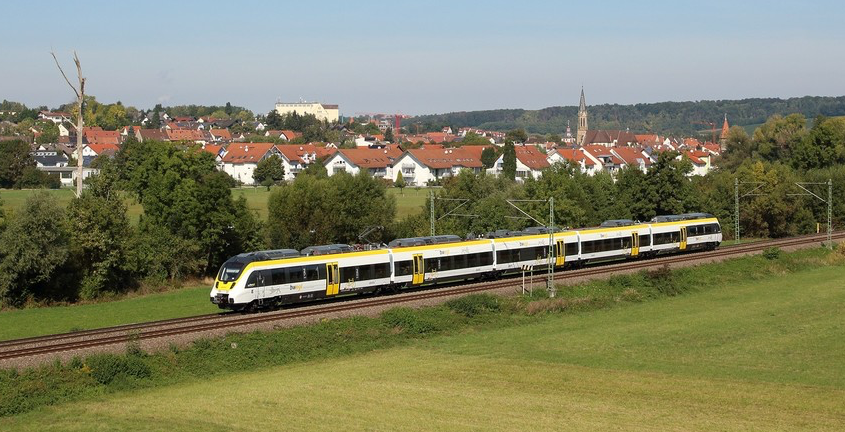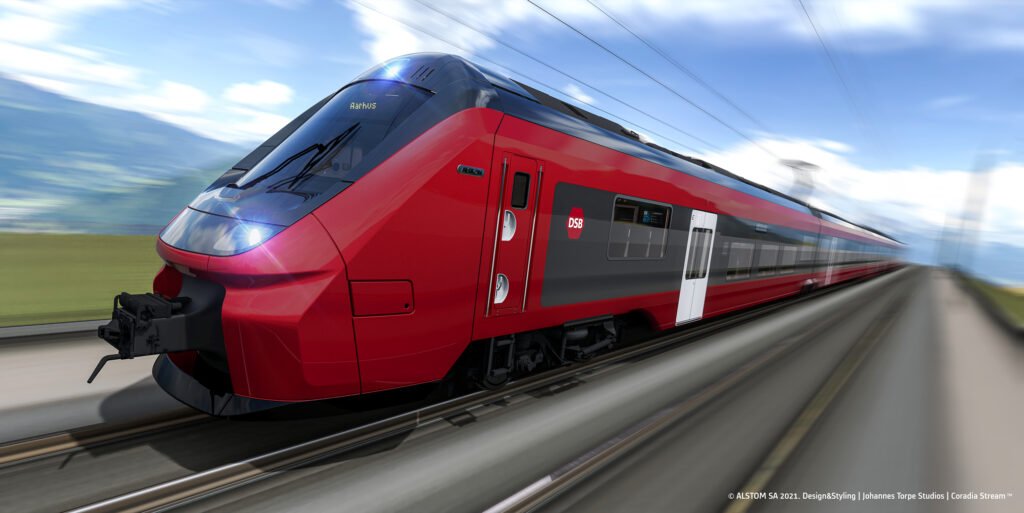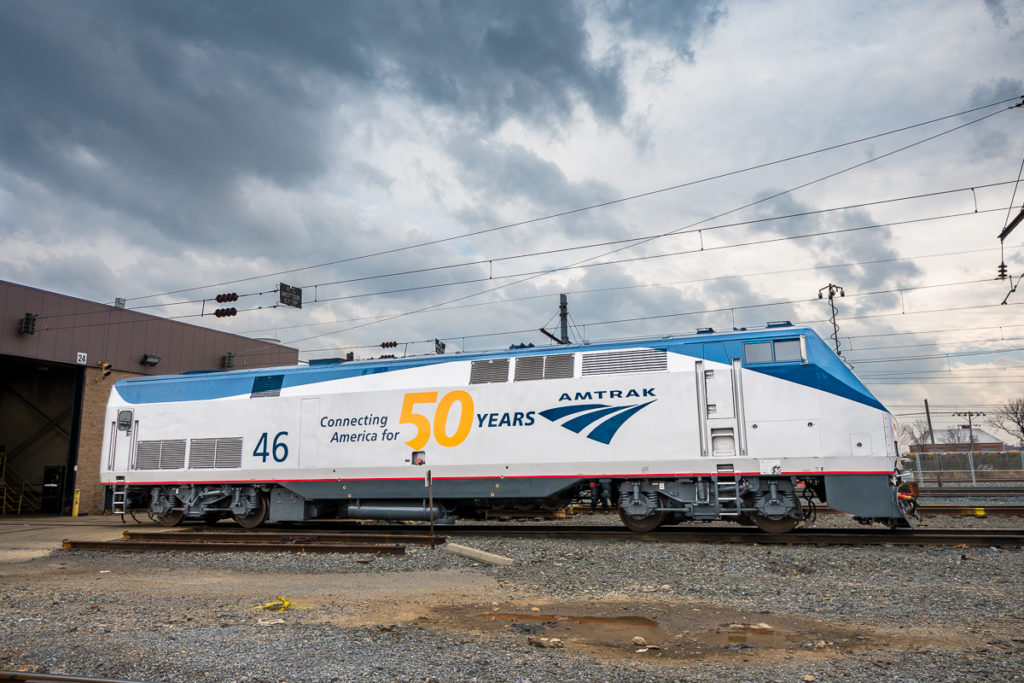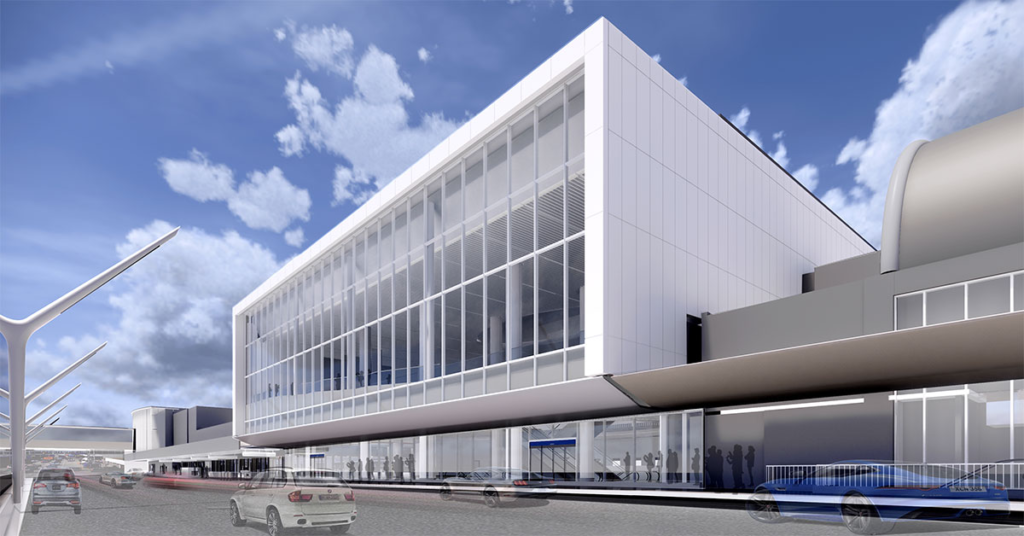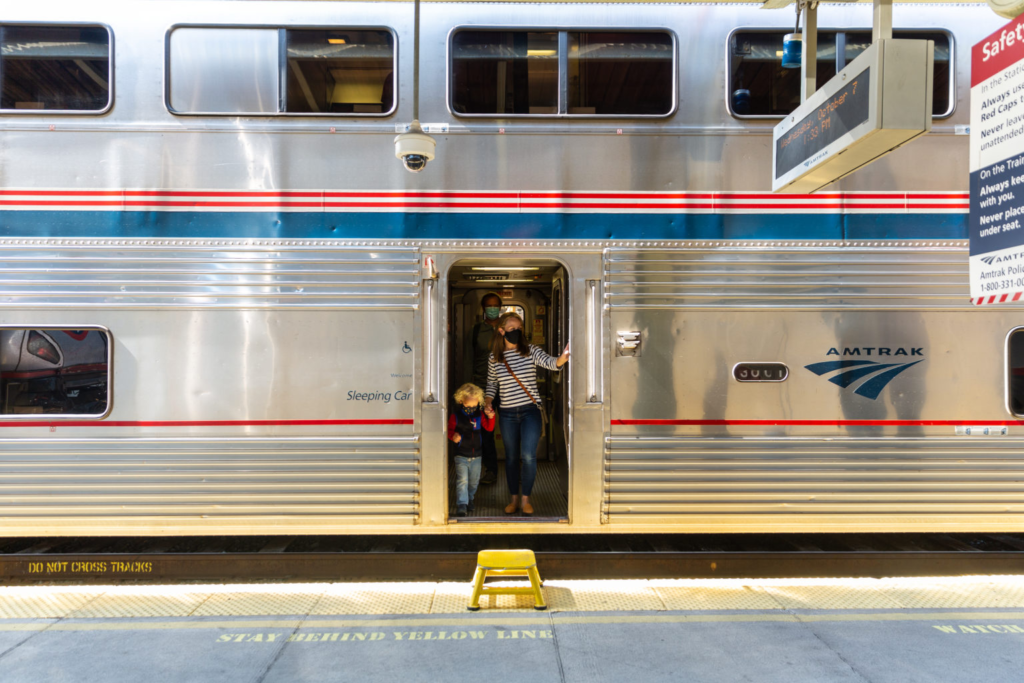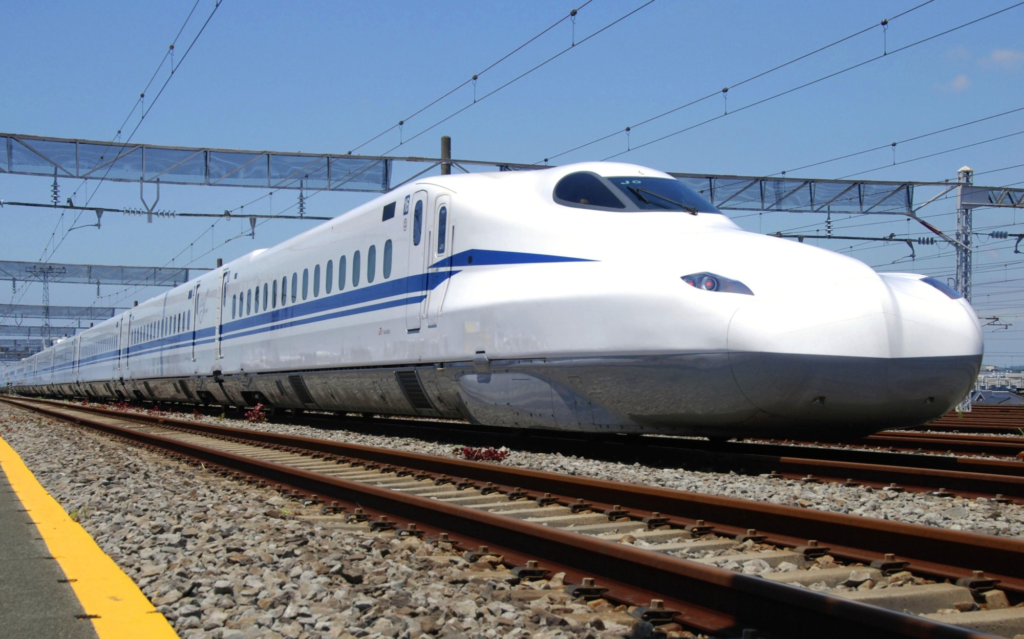Amtrak CEO Bill Flynn’s Message on Empire Builder Train Derailment in Montana
We are in mourning today for the people who lost their lives due to the derailment of the Empire Builder train Saturday, near Joplin, Montana, on the BNSF Railway, as well as the many others who were…



